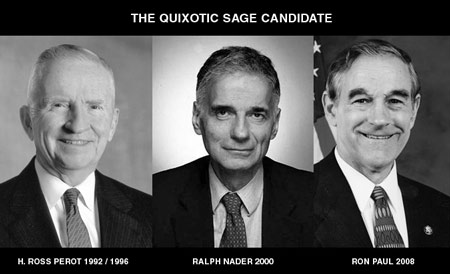If you enjoy old books, as I do, you are familiar with the concept of reading in translation. Unless you absolutely must read a work in its original form and are willing to learn a new language to do so, it is the easiest way to absorb the information. Let’s say you want to read something originally written in French from the 17th century. You would most likely purchase an English translation of the text to do so. This is obviously a boon to readers. However, it is interesting to note the regularity with which new translations of public domain books are released. The accepted dogma about new translations is that they are an improvement upon past translations due to an improved understanding of the context, the discovery of new information, etc. I think a more mundane explanation is responsible for most new translations: easy money.
Think about it. In 500 years of publishing, there are thousands of volumes of old works available for anyone to republish without royalties to the original author. However, if you were to just republish a work, you would have nothing you could copyright. So, how do you make money off something a dead guy has already written? Simple. You commission a professor in French literature to create an entirely new translation from the original source. The translation does not have to be better than any past translation, in fact many new translations are worse than past translations. The new translation has just one requirement: it has to be something you can copyright, own, and sell to retailers. That’s why we see several translations of the same books. With a popular enough book, every publisher could commission their own new translation and copyright it. With books that do not need translating a similar practice is in effect. To copyright a new edition of a public domain book, simply commission an expert in the material to write a new introduction and afterword. Slap on the new material and you now have an edition of a public domain work you can copyright.
While none of this is wrong, it is annoying. On the plus side, consumers have continued to have access to older works. On the minus side, we keep having to pay the going rate for a book that has been in circulation for hundreds or thousands of years (in the case of Plato, for example). This is one reason why I love projects like Wikipedia and, especially, Google Books. With Google Books, you can find the public domain equivalents of older works and you can read them in their entirety online or download them to your computer. This is awesome.
For example, instead of having to buy one of my favorite books of practical philosophy, The Art of Worldly Wisdom by Baltasar Gracián y Morales. You can now just the entire thing in an older, public domain translation from 1892.
XI. Cultivate those who can teach you. Let friendly intercourse be a school of knowledge, and culture be taught through conversation thus you make your friends your teachers and mingle the pleasures of conversation with the advantages of instruction. Sensible persons thus enjoy alternating pleasures: they reap applause for what they say, and gain instruction from what they hear. We are always attracted to others by our own interest, but in this case it is of a higher kind. Wise men frequent the houses of great noblemen not because they are temples of vanity, but as theatres of good breeding. There be gentlemen who have the credit of worldly wisdom, because they are not only themselves oracles of all nobleness by their example and their behaviour but those who surround them form a well-bred academy of worldly wisdom of the best and noblest kind The Art of Worldly Wisdom By Baltasar Gracián y Morales, Joseph Jacobs



 The secret to saving money is to learn how to trick your emotional, animal brain. Here are a few tips I use:
The secret to saving money is to learn how to trick your emotional, animal brain. Here are a few tips I use: